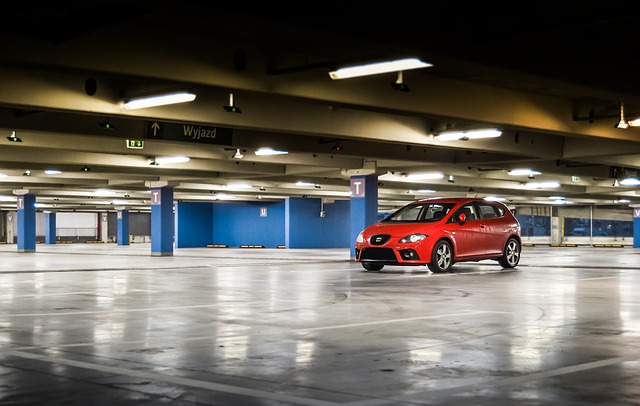The excitement of hosting friends and family in your new condominium can quickly turn frustrating when guests arrive only to face parking challenges. While most condo buyers carefully consider their own parking needs, guest parking often becomes an afterthought until the first visitor arrives, circling the block searching for a spot. Developments like Springleaf Condo and others nationwide implement widely varying guest parking policies, directly impacting owner hospitality options. Before committing to a condominium purchase, investigating guest parking arrangements can prevent future headaches and unexpected limitations on your social life.
Guest parking allocation models
Condominium developments employ several approaches to guest parking, each with distinct implications for residents and visitors.
- Dedicated guest spaces managed through reservation systems
- First-come, first-served visitor spots with time limitations
- Permit systems requiring advance registration of guest vehicles
- Validation processes involving concierge or security personnel
- Shared commercial parking arrangements with nearby businesses
- No designated guest parking whatsoever
Buildings with insufficient guest parking create immediate challenges for residents hosting visitors, dinner parties, or overnight guests. This limitation affects quality of life in ways many buyers fail to consider during the purchase process. Evaluating the quantity and management system for guest parking helps prevent post-purchase disappointment.
Seasonal and time-of-day variations
Guest parking availability fluctuates dramatically based on timing factors, creating predictable challenge periods throughout the year and week. Peak evening hours typically present the most significant guest parking challenges, particularly in residential-heavy developments. Weekend availability differs substantially from weekday patterns, with Saturday evenings presenting particular challenges in most developments. Holiday periods create exceptional demand that overwhelms even generous guest parking allocations in many buildings. These predictable patterns mean that even buildings with adequate guest parking numbers may still present challenges during high-demand periods. Visiting the property evenings and weekends provides a more accurate assessment of real-world parking conditions than daytime weekday tours. Current residents can provide valuable insights about these patterns that marketing materials rarely address.
Building policies and restrictions
The rules governing guest parking vary widely between developments, creating substantial differences in practical visitor accommodation beyond simple space counts.
- Duration limits ranging from 2-hour maximums to multi-day allowances
- Registration requirements vary from simple dashboard passes to formal security procedures
- Fees that range from free visitor parking to substantial hourly charges
- Overnight restrictions that may prohibit guest vehicles during certain hours
- Enforcement approaches range from gentle reminders to aggressive towing practices
These policy details determine whether guest parking is a practical amenity or a theoretical benefit. Review the condominium’s actual guest parking policy document rather than relying on verbal assurances during sales presentations. These written rules reveal the actual visitor parking situation beyond marketing claims about “ample guest parking” that often prove misleading in practice.
Alternative parking options
Many condominium buyers overlook nearby parking alternatives that can supplement limited on-site guest options with minimal inconvenience. Street parking regulations in the surrounding neighbourhood sometimes provide viable visitor options depending on time restrictions and permit requirements. Public parking garages within walking distance create reliable alternatives despite their cost, particularly for occasional visitors. Ride-sharing services increasingly provide cost-effective solutions for guest transportation that eliminate parking concerns.
These targeted questions help assess whether a condominium’s guest parking situation will support your desired lifestyle or create ongoing frustration for you and your visitors.

